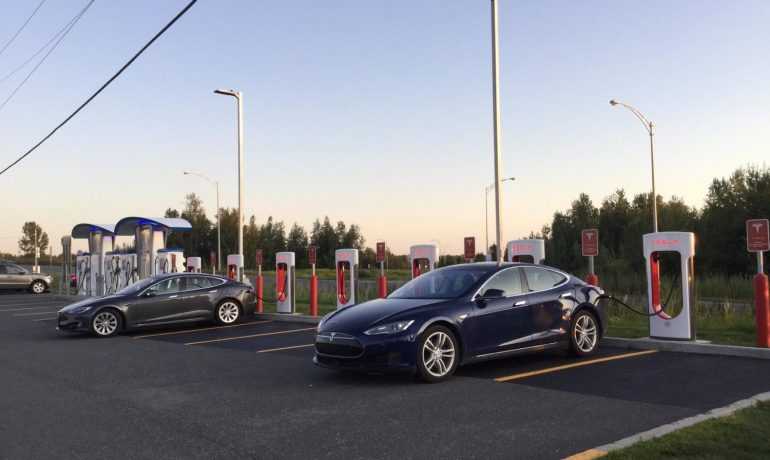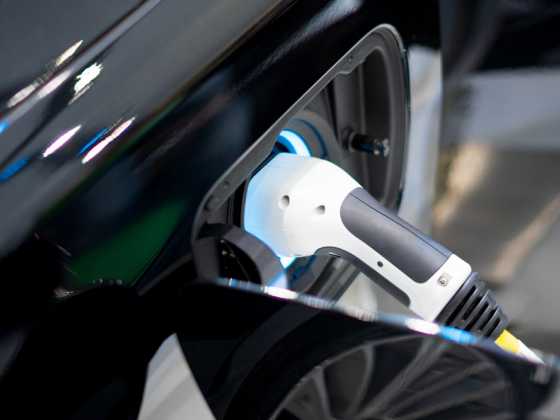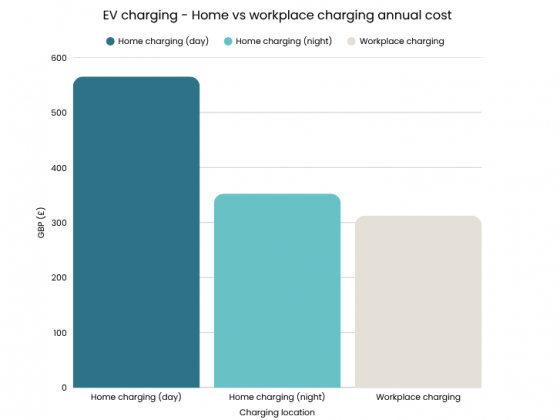REA shares ways to make Rapid Charging Fund a success

The REA has released an eight-point plan for how the government’s £500m Rapid Charging Fund should be deployed for it to be successful.
The Fund, announced in the Spring Budget, is targeting grid upgrades at Motorway Service Areas (MSAs) and other sites along the Strategic Road Network (SRN) in England. Works need to begin soon if industry and Government are to deliver on the vision for 6 rapid (150kW+) chargers on each Motorway Service Area site by 2023, and over 6,000 by 2035.
The REA is says that the Fund should be structured in a way that puts the consumer experience and building consumer confidence at the core of its activities. Following input from members of the 75-strong EV Forum, the REA proposes that government:
1. Assign the deployment of this Fund, and ownership of the subsequent assets, to an arms-length Authority. Given the long-term nature the assets that will be built on the back of the Rapid Charging Fund, we believe that the deployment of the Fund and ownership of subsequent assets should be owned and operated by a standalone organisation. This Authority can be fully owned by, or report directly to, government.
2. Create competition for consumers across the network. It is essential that the end-result of this exercise is for a consumer to be able to choose their preferred charge point operators (based on price, service, or other chosen criteria).
3. Ensure consumer ease is prioritised at charging sites. We welcome in principal the stipulations that rapid chargers at MSA and SRN locations are maintained, easy to use, and clearly priced.
4. Pursue the optimal cost solutions, for both current and future customers, for providing future proof grid upgrades. The Authority should work with any organisation that can deliver future proof grid upgrades at optimal cost for current and future customers, and at speed,
5. Ensure coverage at every site, existing and new. Sites that are less likely to make a ‘profit’ early should be treated with equal importance to higher-value sites, and all should be advanced.
6. Be transparent and move all sites forward simultaneously. We would welcome the publication of a transparent plan to upgrade all relevant MSA / SRN sites so that industry and local planners can be prepared.
7. Look beyond the car. As we believe there will be a role for electrification in bus, coach, and HGV market segments (along with renewable transport fuels and hydrogen), capacity (infrastructure) being deployed at these sites should be developed with an eye to such vehicles.
8. The funds must drive the wider energy transition. The Authority must deploy the Rapid Charging Fund, and structure the ownership of the new grid capacity, in a way that drives new solar PV, onshore wind, energy storage, and other low-carbon onsite power generation capacity deployment so long as it does not take away capacity from the power provided to the EV charging sites.
Daniel Brown, Policy Manager and EV lead at the REA commented: “This Fund is creating a real opportunity for the rapid charging sector and consumers.
“Getting this right means building market confidence, supporting British industry, and removing a major barrier to rapid charge point deployment.
“The rapid charging sector is looking to see that the Authority responsible for delivery of this grid capacity is structuring deployment in a long-term and transparent way that ensures widespread coverage and competition in the market.”
Dr Nina Skorupska, Chief Executive at the REA commented: “We welcome this Fund and the direct approach taken by Government to addressing grid constraints.
“Spare capacity is a hot commodity and we encourage Government to see this Fund as supporting not just electric vehicle deployment but the wider transition to a low-carbon power and transport sector.”
Tanya Sinclair, Chair of the REA EV Forum and Director of Policy at ChargePoint UK said: “REA members – leading companies involved in the delivery and operation of rapid chargers - are vastly increasing and improving the UK’s charging infrastructure. We are pleased that this fund will amplify our efforts and we look forward to continued work with government to ensure it directly supports a quick EV transition.”



